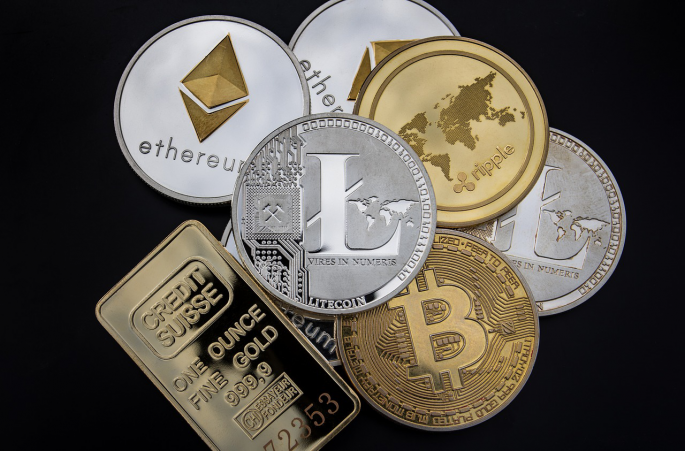In the world of globalization, cross-border trade can be subject to increasing tariffs, checks and balances. Trump's trade war with China and the levies placed on Chinese exports that were brought in to bring manufacturing back to the USA place unnecessary cost when it comes to trading. While Britain faces trade turmoil when the terms of its exit from the European Union come into play. Increasingly, moving onto digital forms of trading will become the norm and moving towards blockchain cryptocurrency and foreign exchange (forex) trading will allow cross-border transactions to be completed at much lower fees, bringing the age of globalization and digitization to the fore.

Using a Trading Platform for Forex
Using a trading platform is one way to help bypass issues caused by levies placed on trade, especially of physical goods, and move your trading towards forex. While trade issues in the physical world can affect forex trades, they might not necessarily affect it in a negative way. The key to trading forex is to immerse yourself in the market data available in order to ensure you are anticipating trends. Forex is tied more to the real world than other trades, and anticipating the market can result in minimal losses and bigger gains. With a demo trading account, you can learn the ropes of trading forex, which is a different way of trading than with other assets.
Trading Cryptocurrency Cross-Border
Cryptocurrency aims to be global and a solution to the issues thrown up by transaction fees for trading cross-border and making purchases from country to country. By turning country currency to global tokens, there will be no cost involved with making purchases across borders. This could be one way to mitigate against levies and tariffs involved in cross-border transactions. Contracts for difference (CFDs) could also help here, as they can be traded on without the trader owning the underlying asset. Using a CFD requires less capital up front, but the same revenue back. CFDs represent a move towards trading of the future, and are already being pushed for in the renewables industry. Implementing a CFD into a trading strategy could ensure that you avoid some of the issues trading cross-border.

Source: Pixabay
Banks Take Up Blockchain
Cryptocurrency is definitely making its mark where cross-border transactions are involved as can be seen by the fight unfolding between Ripple and Swift Payments. The method of bank transfer payments across borders, Swift, is facing some heavy competition from the faster, cleaner, cheaper, and safer method of payment implemented by the cryptocurrency. Ripple aims to corner the market through its uses as a blockchain provider. Bitcoin may have opened the world's eyes to what blockchain can do as a cryptocurrency, but Ripple has taken the blockchain's uses and run with it, showing exactly what to expect as the blockchain boom continues. The fact that more than 100 banks have already taken Ripple up with it shows that blockchain is viable for the future.
The future is bright for alternative ways of conducting financial operations. This is beneficial for countries that do financial business with other countries. Digital tokens could become a viable option for conducting cross-border transactions. Moreover, forex trading can bypass some of the issues caused by any potential trade war. Overall the modern world is showing that digital currency is a viable solution to a plethora of financial problems.


























